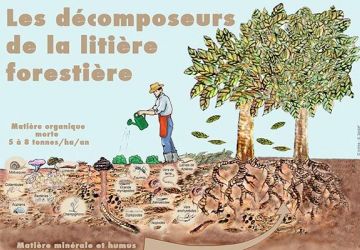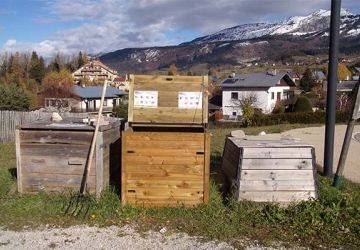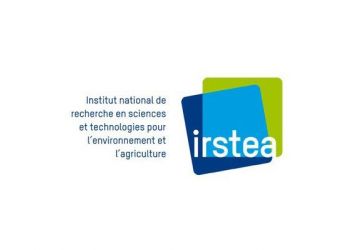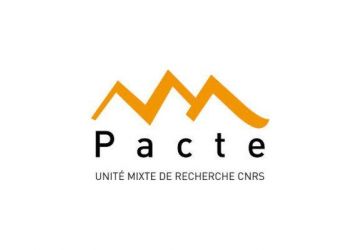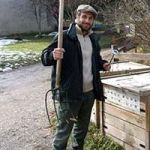
Mérot Antoine
My thesis research focuses on new composting practices in urban and rural areas. Focusing on the continuities and discontinuities between these two spaces, I engage myself more particularly on the contemporary interrelations between the human and non-human worlds. A work necessarily taking into account the global context of environmental and climatic changes, necessarily impacting on our societies and their ways of being in the world.
This research is linked to the AlpSols project carried out by the Labex ITEM (Innovation and Mountain Territory). As part of an interdisciplinary approach, it proposes to study and understand the relations between societies and soil in Alpine and mountain environments. I have personally attended multidisciplinary university courses, I am also attentive to the work in partnership with other researchers (IRSTEA, PACTE, CRESSON (Center for Research on Sound Space and Urban Environment), CREA (Center Research and Anthropological Studies) laboratories.
As a result, the theoretical corpus exploited includes anthropologists as well as sociologists, geographers, urban planners, architects and philosophers. Thus, Humanities Studies, Human-Geography, Polical Ecology and phenomenological science as well as ecological anthropology will serve as a analytical framework. I will also pay close attention to the very current reflections on the notions of "Anthropocene" and "Chthulucene" (Donna Haraway, 2016).
The research methodology deployed is also built around this transdisciplinary approach. While remaining fully integrated into social science practices, my fieldwork is based on different approaches. Based on the concepts of "immersive anthropology" and slow sciences, I collect the data through an inductive and sensory practice of the field. In addition, deductive sociology serves as a guide in the elaboration of questionnaires and semi-directive interviews. Thus, my work is positioned between a commitment - inspired by pragmatic sociology and the principle of "co-construction" - with the actors encountered on a daily basis, and a detachment necessary for the elaboration of a socio-anthropological reflection of research.
The first data collected from associations, institutions, shared gardens, market gardeners, riparian residents, composers practicing in feet of buildings or vermicomposters, suggest a rich and complex situation within the The Grenoble metropolis. For the time being, I have observed a certain transformation of the semantics of compost between rural and urban environments, while composting practices seem to be analogous. Similarly, these new dynamics of the reappropriation of land in urban areas as semi-mountainous and mountainous seem to be linked to a societal reflection close to political ecology.
Mail : antoine.merot[at]irstea.fr

